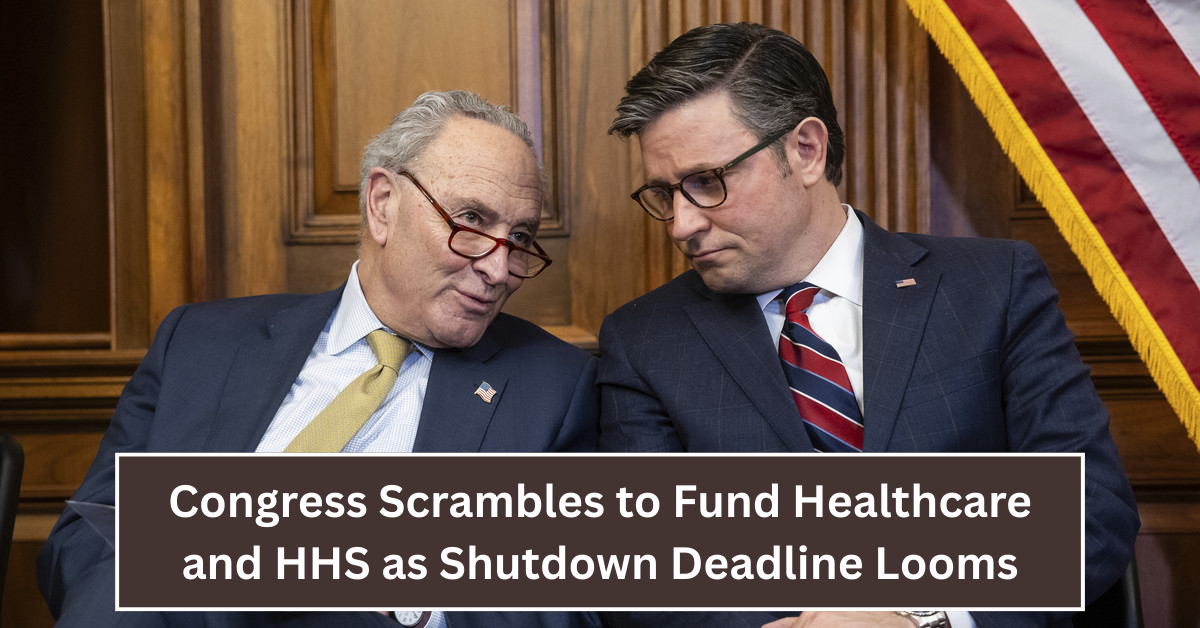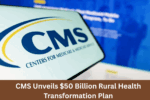The U.S. Congress is in a heated debate over appropriations as the deadline to fund the Department of Health and Human Services (HHS) and key healthcare programs rapidly approaches. Lawmakers are under intense pressure to come to an agreement to avoid a government shutdown that could disrupt critical health services. This ongoing battle is capturing attention nationwide, highlighting the stakes for public health and government operations.
For many Americans, especially younger adults who rely on public health programs, the potential shutdown is worrying. The HHS oversees programs that millions depend on, from health insurance subsidies to disease control efforts. With the deadline fast approaching, Congress must act quickly to secure funding and protect these vital services from interruption.
Why Is the Appropriations Debate So Intense?
The appropriations process involves deciding how the government spends money on different departments and programs. This year, the debate has been particularly fierce due to political disagreements and larger budget concerns. Some lawmakers want to increase funding for healthcare programs, while others advocate for budget cuts. These conflicting views have made reaching a consensus difficult and time-consuming.
Healthcare spending represents a significant portion of the federal budget, and it affects many citizens. HHS manages programs like Medicare, Medicaid, and the Affordable Care Act (ACA), which are crucial for providing care to millions of Americans. The stakes are high because without proper funding, these programs could face delays or reduced services, directly impacting people’s health and wellbeing.
What Happens If There Is a Government Shutdown?
A government shutdown occurs when Congress fails to pass necessary funding bills on time. During a shutdown, many federal services stop working or slow down significantly. For healthcare programs managed by HHS, this can mean delays in processing claims and payments, reduced access to medical care, and interruptions in public health initiatives.
For young adults, this could mean challenges in accessing affordable health insurance or preventive care services. Public health projects aimed at combating diseases such as COVID-19 or flu vaccinations may also face setbacks. Although some emergency services continue during a shutdown, many routine and vital healthcare activities could be affected, causing concerns among healthcare providers and patients alike.
How Are Lawmakers Trying to Resolve the Issue?
Both parties in Congress are racing against time to find a middle ground. Negotiations have focused on balancing fiscal responsibility with the need to support healthcare services. Some proposals suggest targeted increases in funding for key programs, while others call for more detailed budget reviews. The goal is to pass appropriations bills that meet essential funding needs without adding to the national deficit excessively.
To avoid a shutdown, Congress may also pass a short-term funding measure called a continuing resolution. This temporary fix would keep the government running while giving lawmakers extra time to iron out full appropriations. However, many agree that a lasting solution is needed to provide stability and predictability for healthcare programs and HHS operations.
Why Should Young Indians Care About This Debate?
Even though this debate is happening in the United States, its impacts can resonate globally, including for young Indians interested in healthcare, government policies, and international relations. The U.S. plays a leading role in medical research, global health initiatives, and setting examples for public health strategies. Instability in U.S. health programs can affect global health funding and cooperation efforts.
Additionally, young Indians following global events can better understand how government funding decisions influence everyday lives—not just through healthcare but through economic growth and social welfare. This awareness can inspire informed ideas about budgeting, governance, and healthcare reforms in India as well.
What Can Citizens Do During This Time?
Citizens in the U.S. and elsewhere should stay informed about the developments in the appropriations debate, especially those involving healthcare funding. Understanding the issues helps people voice their concerns to elected officials and support groups working towards fair funding for essential programs.
Young people can engage on social media platforms, participate in discussions, and encourage transparency and accountability in government spending. Being aware of these processes builds stronger communities that demand better health services and government efficiency.
Looking Ahead: What to Expect?
As the shutdown deadline approaches, Congress will likely make fast decisions to prevent disruptions. However, the debate over healthcare funding is far from over. Lawmakers will continue to negotiate the best ways to support essential healthcare services amidst budgeting challenges.
For now, citizens should watch for updates and prepare for any possible service interruptions. Long-term, this debate highlights the importance of stable funding for public health, a lesson relevant both in the U.S. and worldwide, including India.
In conclusion, the appropriations debate is more than just a political issue—it affects the health and safety of millions. Getting the funding right for HHS and healthcare programs is critical to avoid a shutdown and to strengthen the foundation for future public health progress.




